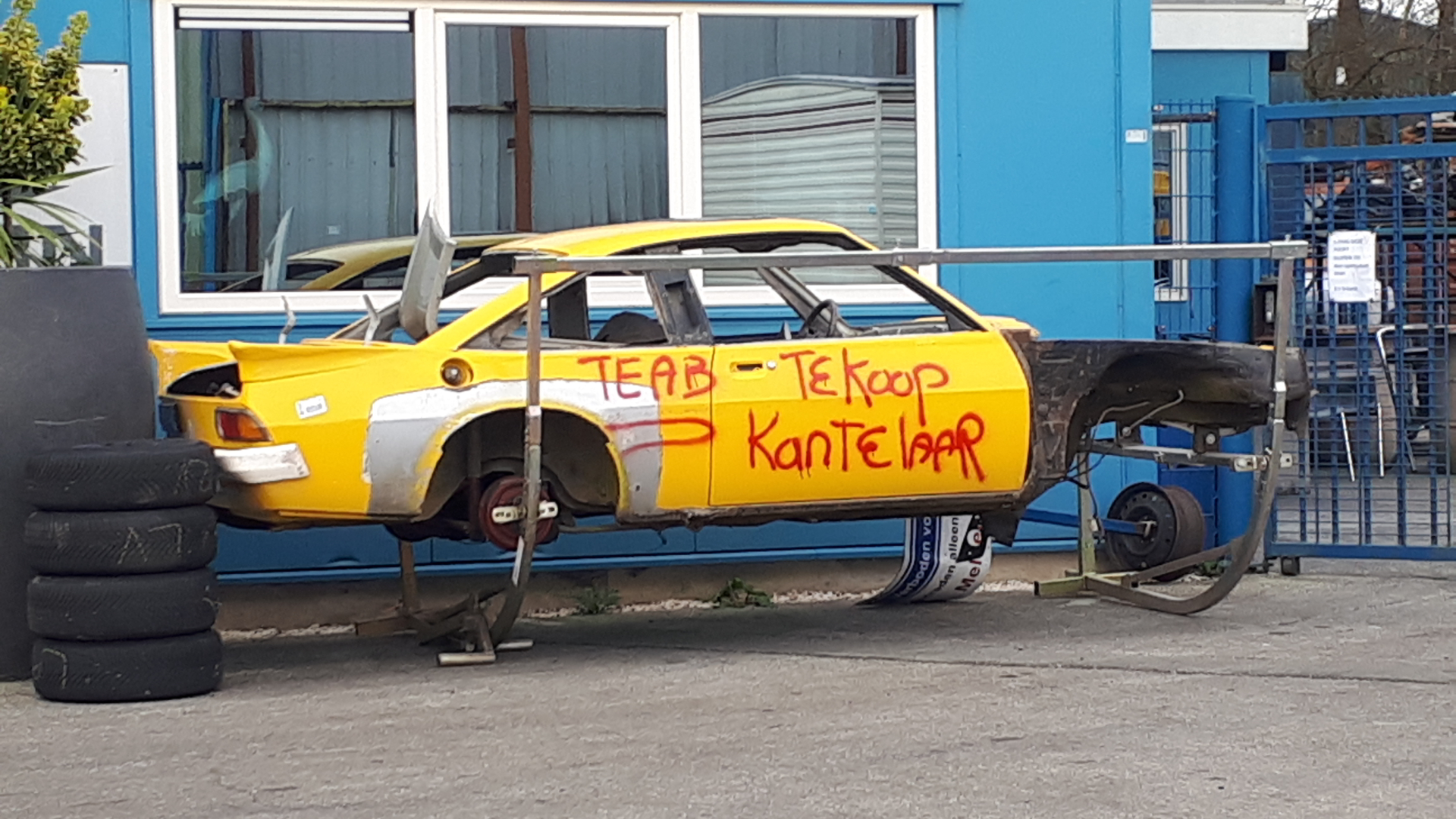The real story about the proposed ‘End-of-life vehicles’ law
Currently, a proposal for the End-of-life vehicles law, formally EU law 2023/0284, has been submitted to the EU council. That’s one more step before the European Parliament votes on the law. The law should take effect as early as 2025. Rumors and misunderstandings are circulating about this bill. From a ban on repairing fuel cars to scrappage obligations when brakes, for example, fail. In this article, we list what the bill really means.
Good news for all car owners
Just to cut to the chase: if the law passes, it will actually be good news for car owners. For owners of all cars. For anyone who would buy a new car (electric or otherwise) after 2025, but also for owners of older fuel cars.
Obligations for automakers
Above all, the law places a number of obligations on automakers. Some of these obligations already apply in the Netherlands today. For example, requiring manufacturers to enter into contracts with auto recyclers, or requiring automakers to be able to demonstrate that their cars are actually recycled at a high percentage at the end of their useful lives.
Trend broken
A number of new obligations relate mainly to new cars to be produced. For example, manufacturers must use recycled materials, the main novelty being that those materials must also come from recycled cars. More importantly for the consumer, this also means that all parts must be disassemblable for recycling. This breaks the trend of small parts that cannot be replaced individually.
Good parts must be preserved
The car manufacturer must also ensure that the still usable parts of an end-of-life car are “saved” for reuse in another car. If there really is a surplus of the specific part, then a good part may still be recycled. Additionally, if electronic parts are reused, any customer data must be removed – nice touch.
The discussion point
The misunderstandings and rumors center on the last point of the bill: scrap cars or their remnants will no longer be allowed to leave the EU. This is to keep both repair parts and raw materials within the EU, partly to avoid dumping in poorer countries. Clear. However, the question is: what is a scrap car? In the Netherlands, that’s easy. When a car goes to the junkyard, the license plate is deregistered and the car is registered as a scrap car. In that respect, this point of the new law means nothing new: it is already virtually impossible to get an official scrap car back on license plates in the Netherlands.
What is a “scrap car?
Abroad, there is not always a definition of a “scrap car. Therefore, the bill provides some criteria that may indicate that a car is a scrap car. For example, an expired MOT (or similar foreign inspection), a car that is economically (or technically) totaled, a car with a brake or steering failure, etc.
No demolition requirement
The key word here is can. These are indications that it may be a scrap car. Those designations are used to check if a scrap car is being exported from the EU. In other words, a car whose parts and raw materials must remain in the EU. So the new law absolutely does not mean that if your car has an expired MOT or a problem with its brakes, it has to be scrapped right away.
For completeness, it even remains possible to have a “wreck” restored outside the EU. As long as you can make a plausible case that the car and its parts are coming back to the EU. Indeed, in that case it is not an export.
In summary, what does the new recycling law mean for car owners?
For car owners, the proposed End-of-life vehicles law, EU law 2023/0284, recycling law, or whatever you want to call the law means mostly a lot of good news. Repair with used parts will be easier and parts availability will be better. After all, manufacturers have to take care of that and parts will leave the EU much less.
Repairs easier and cheaper
Fine for those who cherish their older car, but also for those buying a new car. New cars will eventually become increasingly repairable. Situations such as a broken oil pressure sensor that requires replacing the entire gearbox (not a made-up example, unfortunately) will be less common since that also makes recycling more complex. The trend of new cars becoming more complex and repairs more expensive will be reversed as much as possible by the new law.
Only good news
So unless your hobby is exporting scrap cars outside the EU, the proposed law means only good news for owners of both new and older cars.
For the sake of completeness, the Fédération Internationale des Véhicules Anciens (FIVA) and, indirectly, the Federation of Historic Automobile and Motorcycle Clubs (FEHAC), for example, were also involved in the drafting of this bill. Their analysis and comments will be considered in the drafting of the law.
Hopefully with this article we have cleared up all misunderstandings and rumors surrounding the bill. Surely it would be a shame if a law that is good for both the recycling process and car enthusiasts were to be rejected because those same car enthusiasts object to it en masse without understanding the law….
This article came about partly with thanks to Marcel Romijn, a consultant in the auto industry, who read and analyzed the law for us in great detail.

